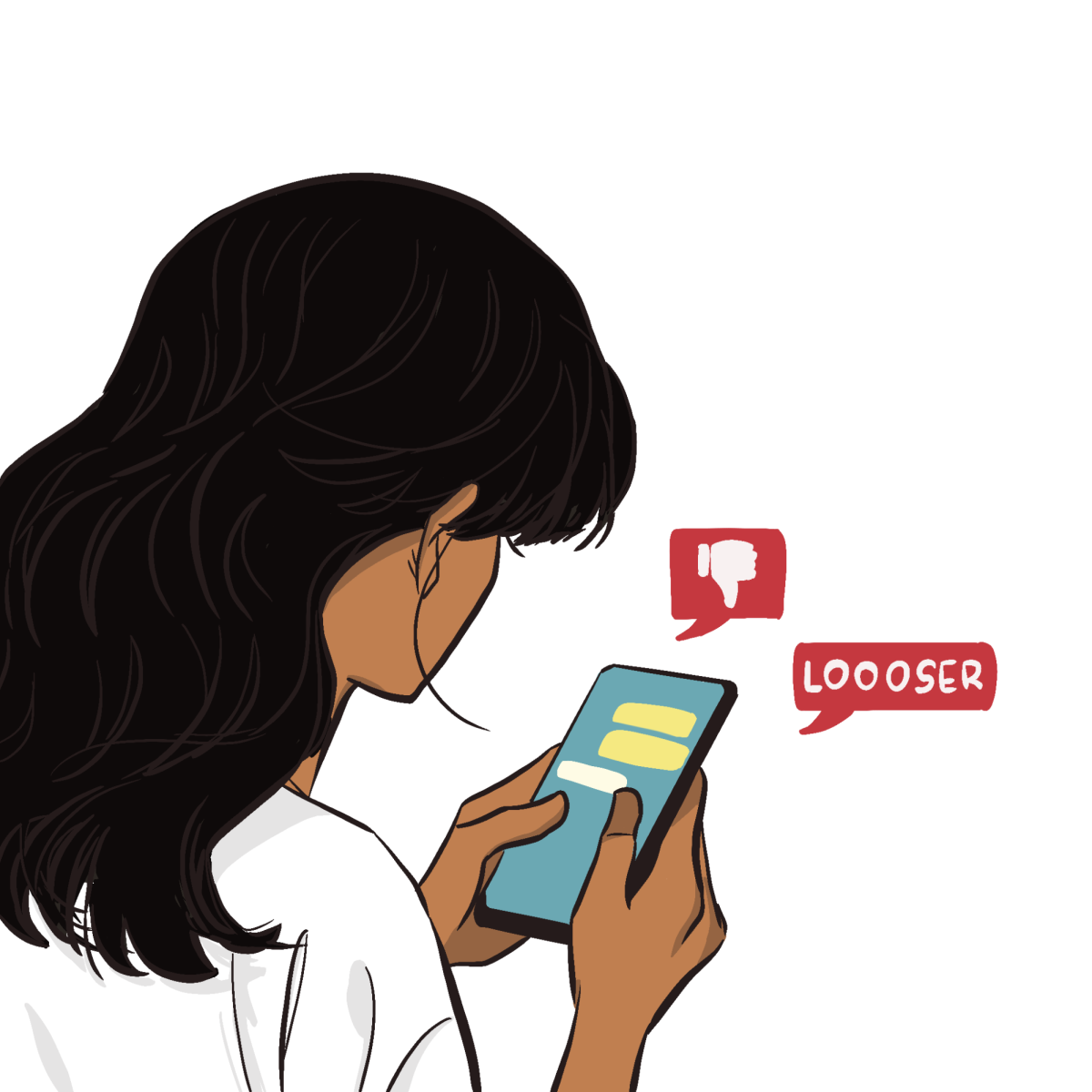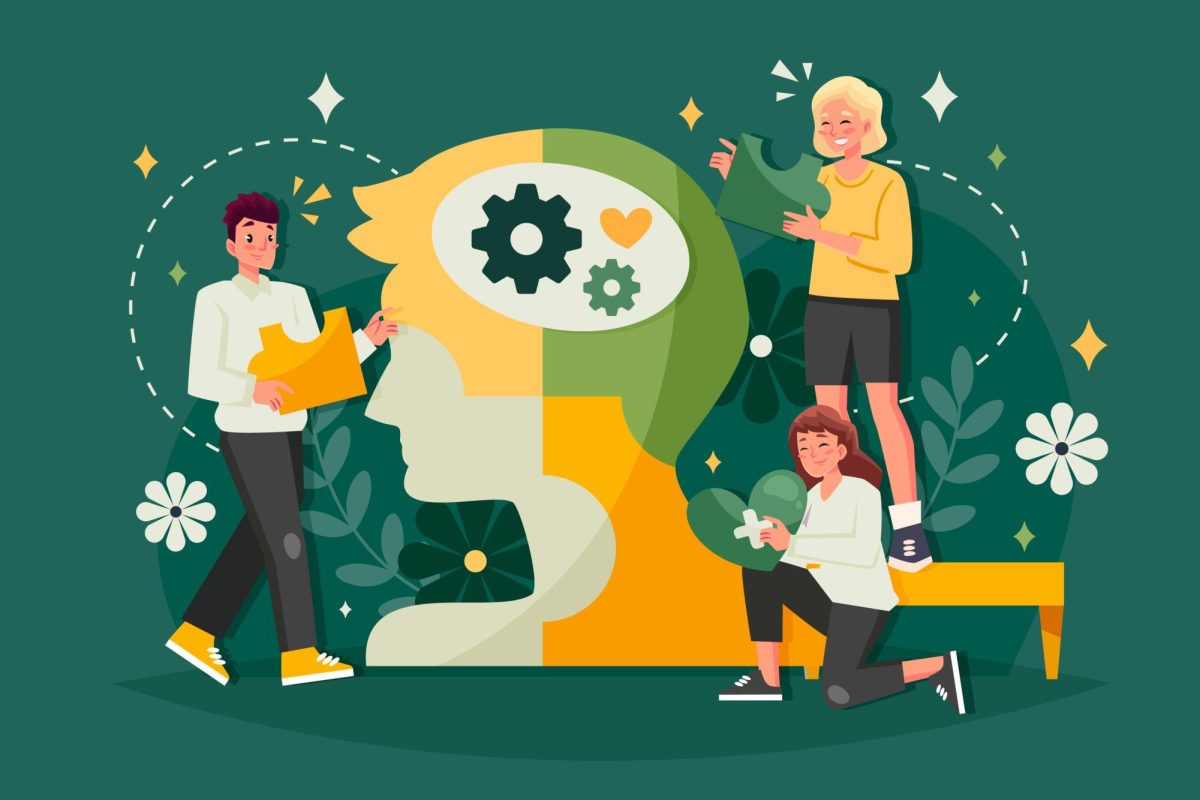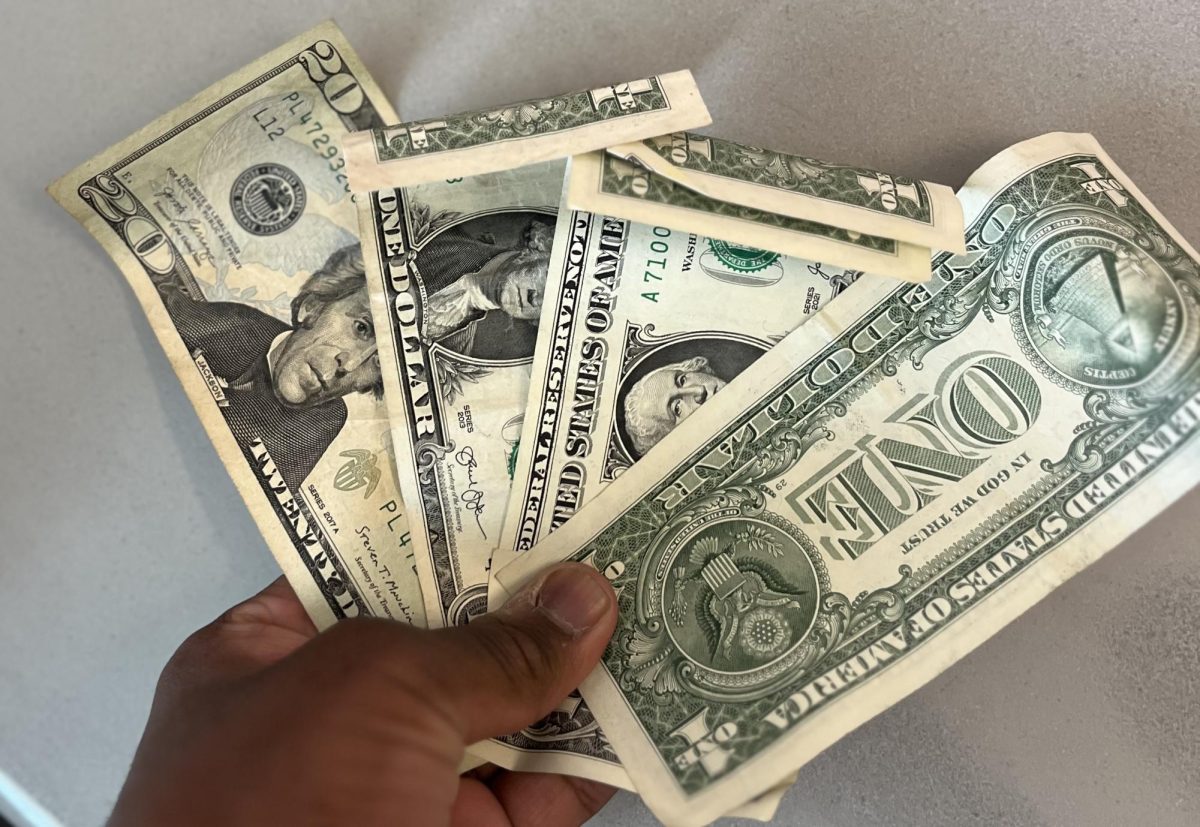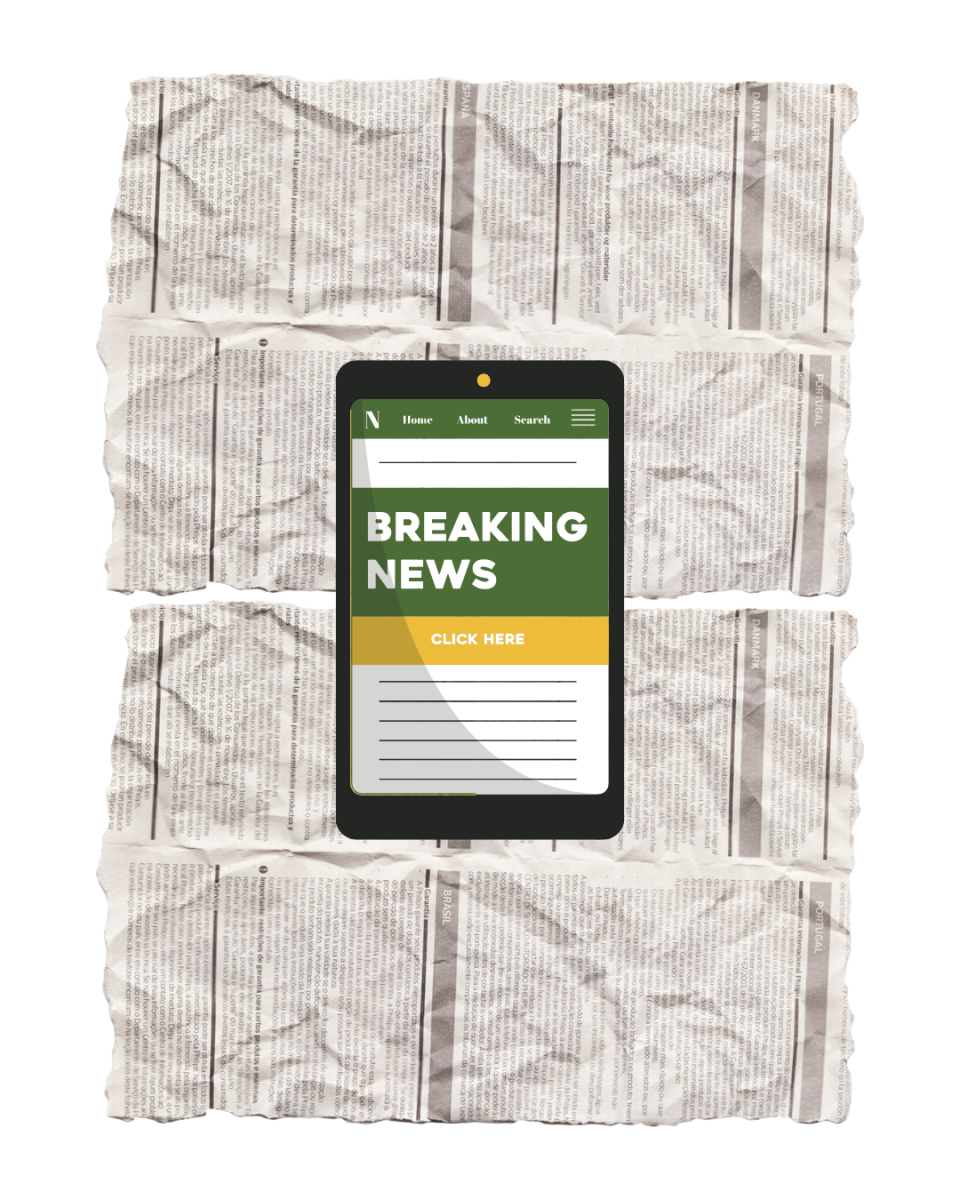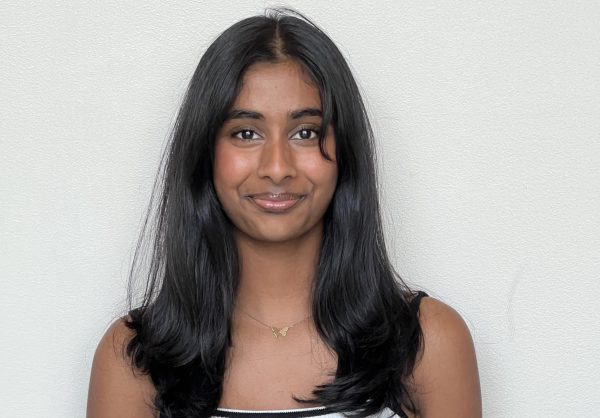Growing up, I would always watch videos of interviewers going up to random people and asking them what race or nationality they wouldn’t date. When I searched for the topic, almost every video I watched mentioned Indians. Some videos even blatantly expressed racism toward the community, saying, “It’s just the way they look,” as a reason not to date Indians.
Casual racism towards Indians and the South Asian community as a whole has become something that I’ve become almost numb to. When I was a kid, I used to get sad when I saw a hateful video like that. Now, I barely react. This desensitization isn’t right.
We need to act against the xenophobia toward South Asians that is so abundant on social media that it can harm young people.
Being a South Asian teenager who is active on social media can hurt. When I open TikTok or Instagram Reels, for example, I will see a plethora of videos or comments saying they “thank God every day that they were not born Indian.” Hate directed towards South Asians on social media has been rampant in recent years. There was a spike in anti-South Asian slurs spread online, Aug. 2024, seeing 46,000 instances of such slurs, a 100% increase from the year prior.
Social media platforms facilitate the spread of this discrimination by creating an environment toxic to the mental health of South Asians. With 95% of teenagers ages 13-17 reporting using YouTube, 67% using TikTok, and 62% using Instagram, it has become a trend of discriminating against South Asians on social media. These have measurable impacts on the users.

Young members of the South Asian community, like me, develop an internalized hate for their race when bombarded with this discrimination. Seeing the amount of unjustified hate on communities like Instagram Reels damages my sense of self-worth. The one thought that runs through my head is, “If they think all Indians are like that, am I like that too?” The comments cloud my perception of my identity.
Members of the online South Asian community point out different reasons for these xenophobic acts. The close-knit culture that is preserved past immigration, the lack of assimilation into Western culture, and the dark skin color profile of South Asians – especially Indians – could point to the idea that hate towards us is socially acceptable. Members of the online South Asian community have also spoken about the adverse effects that this racism has on their mental health and how it can depreciate their self-worth.
Bringing awareness to the situation could help alleviate some of the pressure that the community feels. Even in person, though, I hear people talk about how they think that Indians smell gross, are unclean or eat weird food. Some justify their comments by claiming that they are said in jest.
However, even – and perhaps especially – a joke against my community has an effect. Comments that seem lighthearted to some do not come across that way, especially in the impersonal space that social media creates.
We must set stricter guidelines for the youth on social media to prevent exposure to this casual racism. Talking about the issue of normalized discrimination toward the South Asian community – and others – would reinforce the idea that hate should not be expressed toward any person or group. When it comes to hate, there are no jokes.


